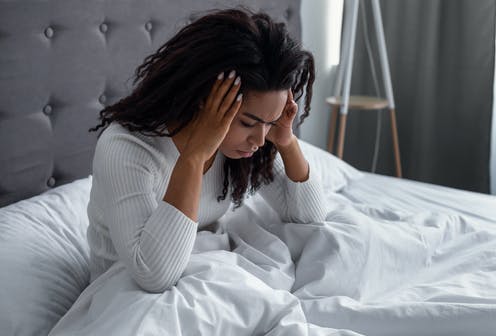COVID vaccine weekly: reopening will test the strength of England’s immunity
England has now lifted nearly all of its coronavirus restrictions. Cases are high and rising, but the country’s vaccine coverage is among the best the world, meaning that the power of vaccines to control the virus will now be firmly put to the test. How will this battle play out? Possibly not very well, argues Zania Stamataki, senior lecturer in viral immunology at the University of Birmingham. Vaccines are effective at reducing transmission and disease, but they don’t completely prevent either among the vaccinated. Removing other control measures will definitely see infections, hospitalisations and deaths increase. Read more: July 19: Three experts share their thoughts on the end of COVID restrictions in England We also don’t yet know the durationContinue Reading




















